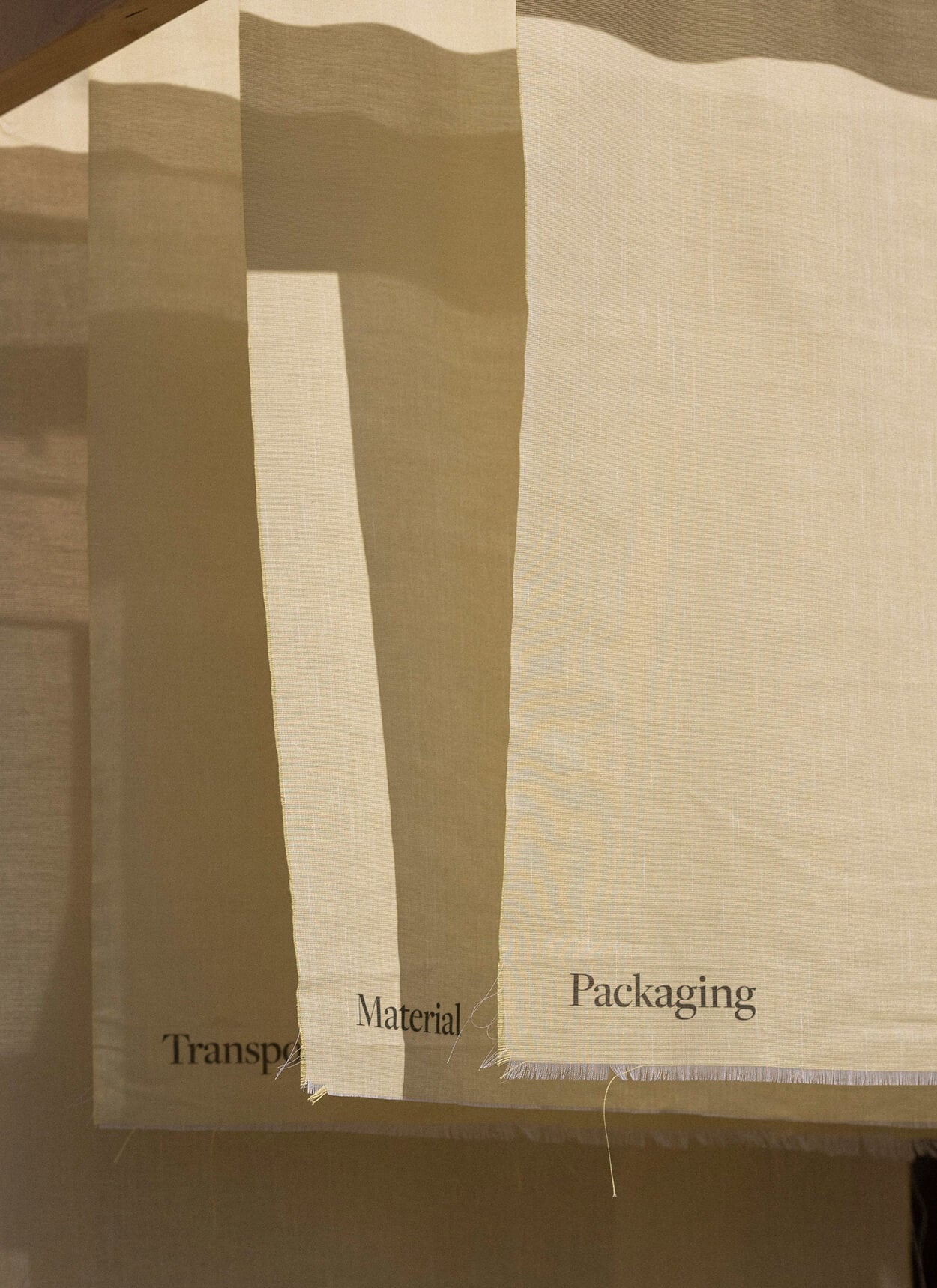We work for a better tomorrow
At Ferm Living, we embrace life’s contrasts and believe in empowering people to make informed choices that contribute to a more sustainable future. As a design company, we see it as our responsibility to lead by example to inspire positive change and help shape a better world.
Sustainability has been at the heart of our business for many years, guiding how we design and develop our products. Guided by our ambition, "We work for a better tomorrow, so you can feel good about your choices today," we have set nine 2030 Commitments across three key pillars: Our Planet, Our Society and Our Community.
Designing for longevity remains our cornerstone in reducing resource consumption and CO₂ emissions. Sustainability plays a key role, ensuring collaboration between design and product teams to monitor progress and identify opportunities for more sustainable solutions.
As we are deeply committed to environmental and social responsibility in all aspects of our business, we work with certifications and testing to ensure safe and fair working conditions in our supply chain and the responsible production of high-quality products. Our long-standing partnerships with suppliers and skilled partners are built on transparency, mutual respect and a shared commitment to responsible business.
To minimise our impact, we use a climate screening tool to get full visibility of our CO₂ emissions across our entire product range. This tool enables us to focus our reduction efforts where they will have the greatest impact, ensuring that our sustainability strategy is both targeted and effective. As a proud participant in the UN Global Compact — the world’s largest corporate sustainability initiative — we report our progress annually, holding ourselves accountable.
Transparency is key to our progress and we are dedicated to sharing our journey openly. As the world evolves, so do our goals, continuously pushing us towards a more responsible future. But true change is a collective effort. By fostering partnerships, driving conversations and inspiring action, we contribute to a global movement for a better tomorrow.
Read our 2024 Responsibility Report here.
Read more about our certified products here or explore our certified products here.














